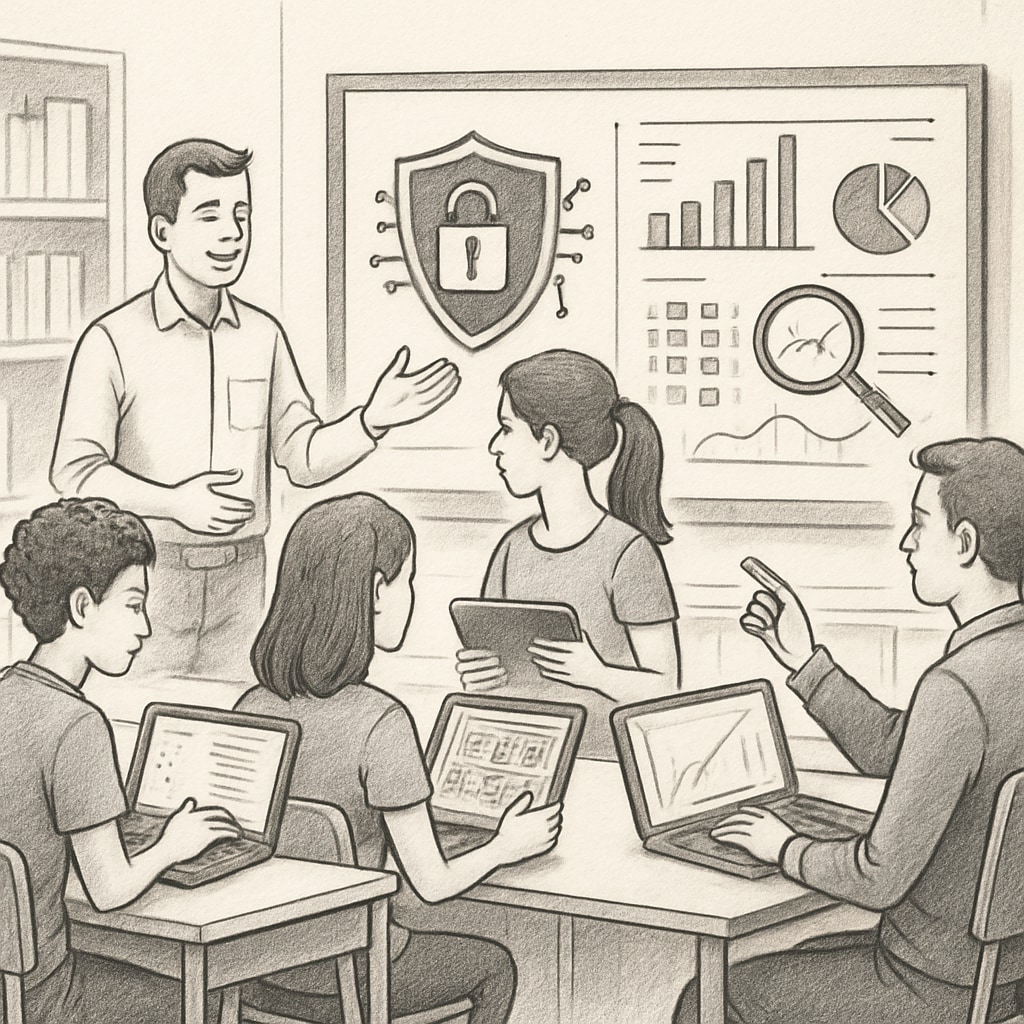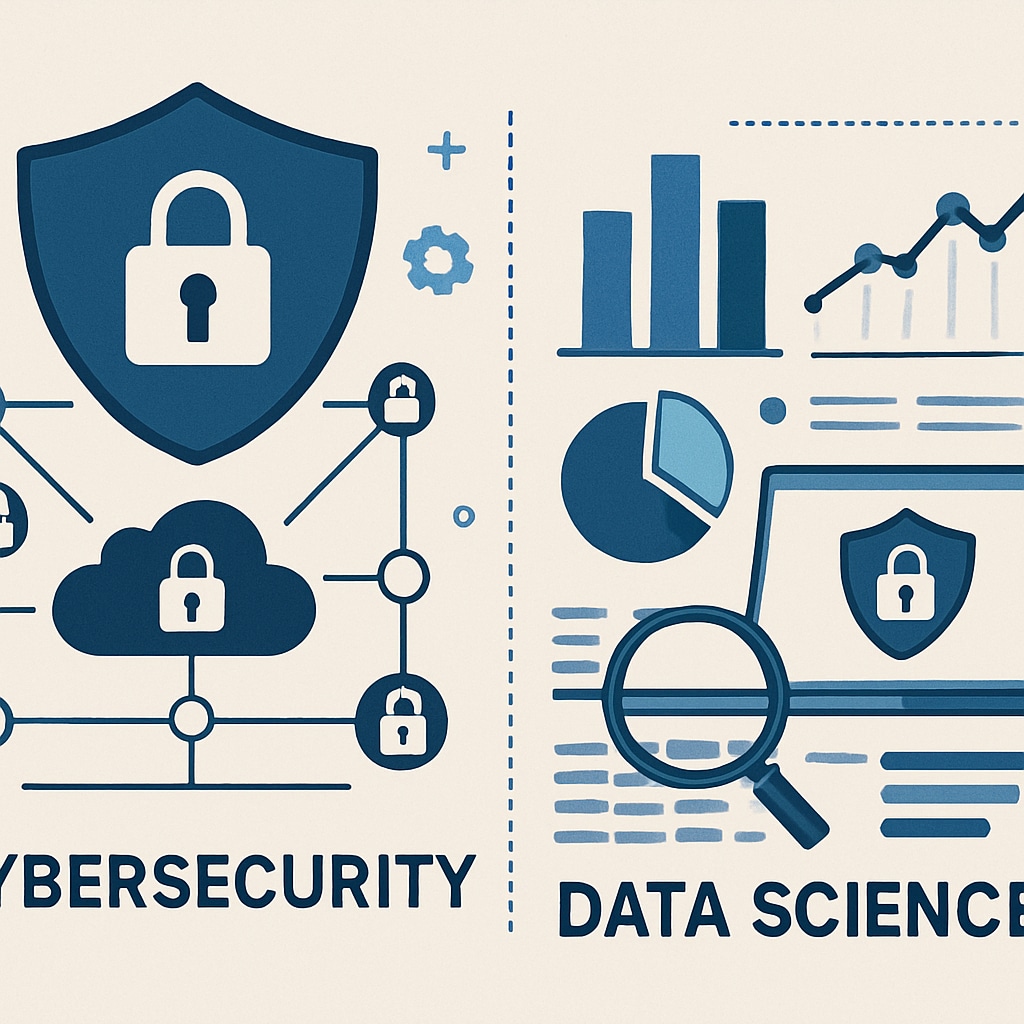The rapid pace of digital transformation has brought unprecedented opportunities and challenges to industries worldwide. Among the most promising career fields are cybersecurity and data science, both of which are critical to maintaining the integrity and efficiency of modern technological systems. For students contemplating their future career paths, understanding these fields early—especially during the K12 educational stage—can provide a significant advantage in preparing for success in the digital age.

Why Cybersecurity and Data Science Are Key Industries
Cybersecurity and data science have emerged as vital pillars of the global economy. Cybersecurity focuses on protecting systems, networks, and data from cyber threats, while data science centers around analyzing and interpreting complex datasets to derive actionable insights. Both fields are experiencing exponential growth due to the increasing reliance on technology in business, healthcare, education, and beyond.
For example, the global cybersecurity market is projected to exceed $300 billion by 2027, driven by the rise in cyberattacks and the need for advanced security measures. Similarly, data science is revolutionizing decision-making processes across industries, with professionals in this field commanding high salaries and opportunities to work on cutting-edge projects.
Preparing Students for Careers in Cybersecurity and Data Science
To ensure students are equipped for these fields, K12 education must evolve to include relevant coursework, practical experiences, and skill-building opportunities. Schools can introduce coding fundamentals, data visualization techniques, and cybersecurity basics to spark interest among young learners. Incorporating project-based learning, such as building simple algorithms or identifying cyber vulnerabilities, can provide hands-on experience.
- Cybersecurity Skills: Students should learn about encryption, ethical hacking, and risk assessment. Basic knowledge of network architecture and programming languages like Python can also be beneficial.
- Data Science Skills: Foundational lessons in statistics, data cleaning, and visualization tools like Tableau or Power BI can help students grasp data science concepts early.
In addition, schools should foster partnerships with tech companies to provide internships and mentorship programs. These initiatives not only enhance practical learning but also expose students to real-world applications of their skills.

Career Outlook for Cybersecurity and Data Science Professionals
The career prospects for cybersecurity and data science professionals are exceptionally bright. In cybersecurity, roles such as security analyst, penetration tester, and information security manager are highly sought after, with salaries often exceeding $100,000 annually for experienced professionals. In data science, positions like data analyst, machine learning engineer, and data scientist are equally lucrative, with demand continuing to outpace supply.
Both fields also offer opportunities for specialization. Cybersecurity professionals can focus on areas such as cloud security, application security, or threat intelligence. Meanwhile, data science experts can delve into domains like artificial intelligence, predictive analytics, or big data engineering. These specializations allow individuals to tailor their careers to their interests and strengths.
External Resources: For more information about cybersecurity and data science, visit Cybersecurity on Wikipedia and Data Science on Wikipedia.
The Role of K12 Education in Shaping Future Tech Leaders
By integrating cybersecurity and data science into K12 curricula, educators can inspire the next generation of tech leaders. Early exposure to these fields helps students recognize their importance and potential impact on society. Moreover, developing digital skills at a young age enhances critical thinking, problem-solving, and analytical abilities—traits essential for success in any career.
As a result, schools should prioritize STEM education and collaborate with industry leaders to ensure students are prepared for the demands of the digital workforce. With the right foundation, today’s K12 students can become tomorrow’s innovators in cybersecurity and data science.
Readability guidance: This article uses concise paragraphs, lists, and transitional phrases for clarity and engagement. Passive voice is minimized, and technical terms are explained for accessibility.


